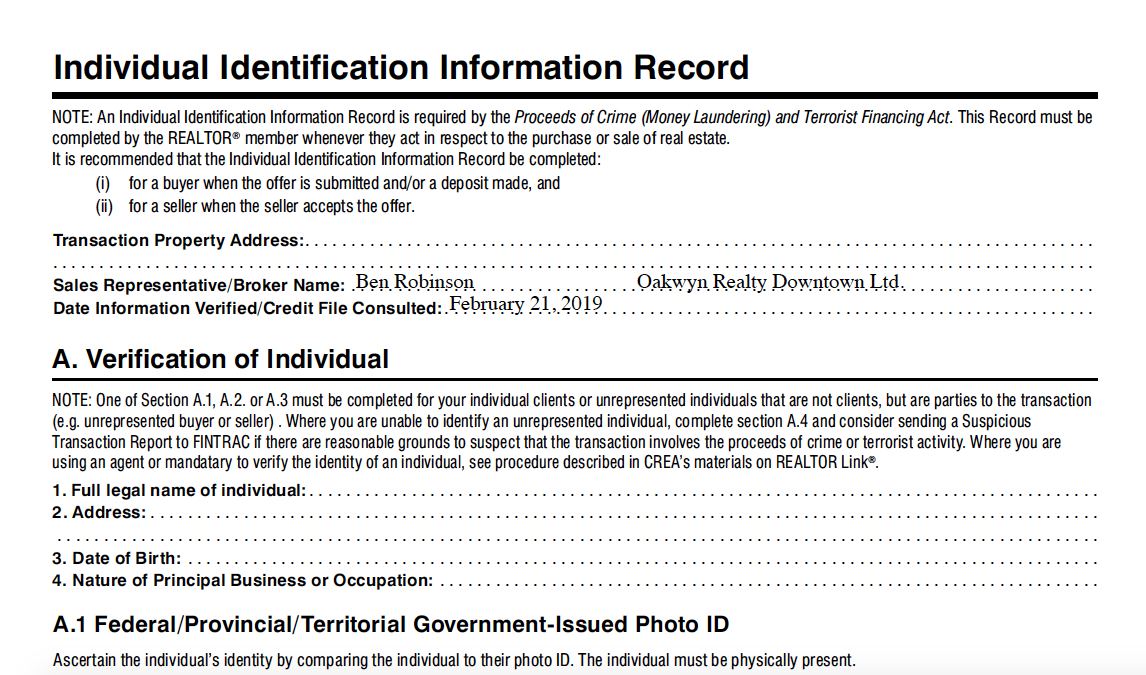Why Social Workers Spend Time on Paperwork

Social workers are renowned for their dedication to the welfare of individuals, families, and communities. Their job entails a broad spectrum of responsibilities, ranging from counseling and advocacy to the coordination of resources and direct intervention. Despite the common perception that social work is primarily about face-to-face interaction and support, a significant portion of a social worker's time is indeed devoted to paperwork. This aspect of their role is often overlooked or misunderstood by the general public and even by some in the profession. In this post, we will explore the various reasons why social workers spend considerable time on administrative tasks and documentation, and why this is crucial for their work.
Regulatory Compliance

Social work operates within a framework of laws and regulations designed to protect individuals' rights and ensure high-quality service delivery. Here's why compliance necessitates paperwork:
- Legal Accountability: Documentation serves as a legal record of client interactions, which can be reviewed in case of disputes or legal actions.
- Funding and Audits: Many social work agencies depend on government or grant funding, requiring detailed records to demonstrate that funds are used appropriately. Failure to maintain thorough records can lead to audits and funding cuts.
- Reporting: Social workers must report cases of abuse, neglect, or specific conditions to legal or health authorities, which necessitates accurate and timely documentation.
Documentation for Case Management

Effective case management is pivotal in social work to:
- Track Progress: Keeping records helps social workers monitor client progress, identify patterns, and adjust interventions accordingly.
- Plan Interventions: Detailed records allow for better planning of interventions, ensuring that services are coordinated and effective.
- Continuity of Care: Documentation ensures that when a case is passed on to another worker or agency, the new provider has a comprehensive history of the case.
Quality Assurance and Best Practices

Paperwork is an integral part of maintaining:
- Standards and Protocols: Social workers must document their adherence to practice standards and ethical guidelines, which helps in maintaining professional integrity.
- Peer Review and Supervision: Case notes and records facilitate discussions during supervision or peer reviews, fostering continuous professional development.
Research and Program Evaluation

Data collected through paperwork is crucial for:
- Outcome Measurement: Evaluating the effectiveness of interventions and programs.
- Informing Policy: Providing evidence for policy changes or funding requests based on tangible data.
Communication and Collaboration

Here's how paperwork aids in communication:
- Interagency Collaboration: Records are often shared between agencies to ensure a holistic approach to care.
- Family Engagement: Documentation can help maintain consistency in information shared with families, reducing misunderstandings and improving cooperation.
Administrative Tasks

Apart from case-specific records, administrative duties include:
- Scheduling: Managing appointments, setting up client meetings, and coordinating with other professionals.
- Budget Management: Keeping track of expenses and resources available for clients.
📘 Note: While administrative tasks can detract from direct client service time, they are essential for the sustainability and legal operation of social work services.
The necessity of paperwork in social work is multifaceted. It's not merely about bureaucracy but rather about ensuring quality, accountability, and continuous improvement in the services provided to those in need. This administrative work might seem cumbersome, but it's a critical component of effective social work practice, enabling professionals to deliver the best possible care to their clients while adhering to legal and ethical standards. Understanding and appreciating this aspect of social work can lead to better support systems and improved service outcomes for individuals and communities.
How much time do social workers typically spend on paperwork?

+
Estimates suggest that social workers might spend anywhere from 20% to 40% of their working hours on administrative tasks, though this can vary widely based on case complexity, agency policies, and other factors.
Can the amount of paperwork affect the quality of service?

+
Yes, excessive administrative work can reduce the time available for direct client interaction. However, good documentation practices can also lead to better-prepared interventions and improved continuity of care.
Are there ways to reduce the administrative burden on social workers?

+
Absolutely. Implementing electronic case management systems, streamlining forms and reports, and investing in administrative support staff can significantly reduce the administrative load on social workers.